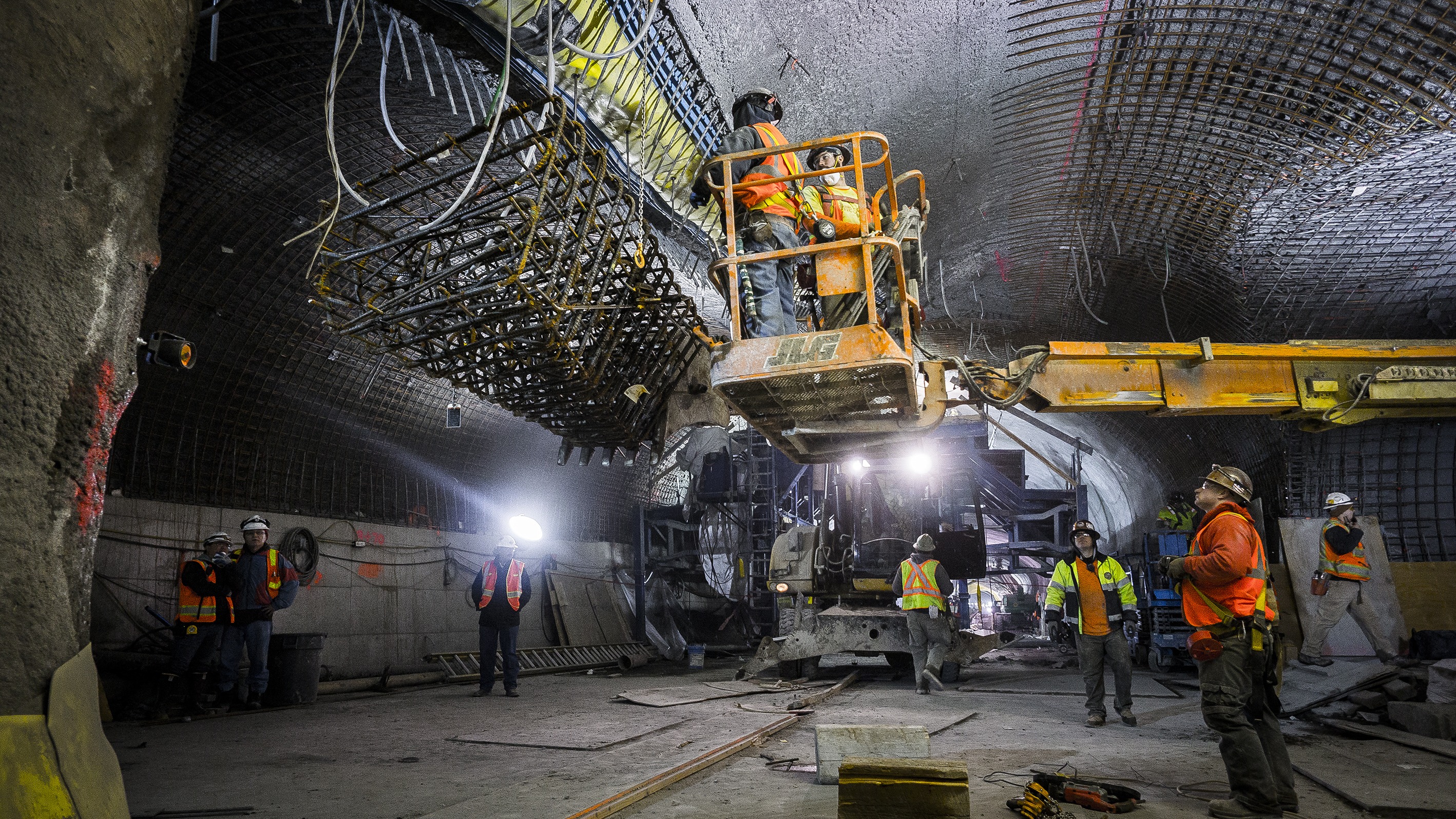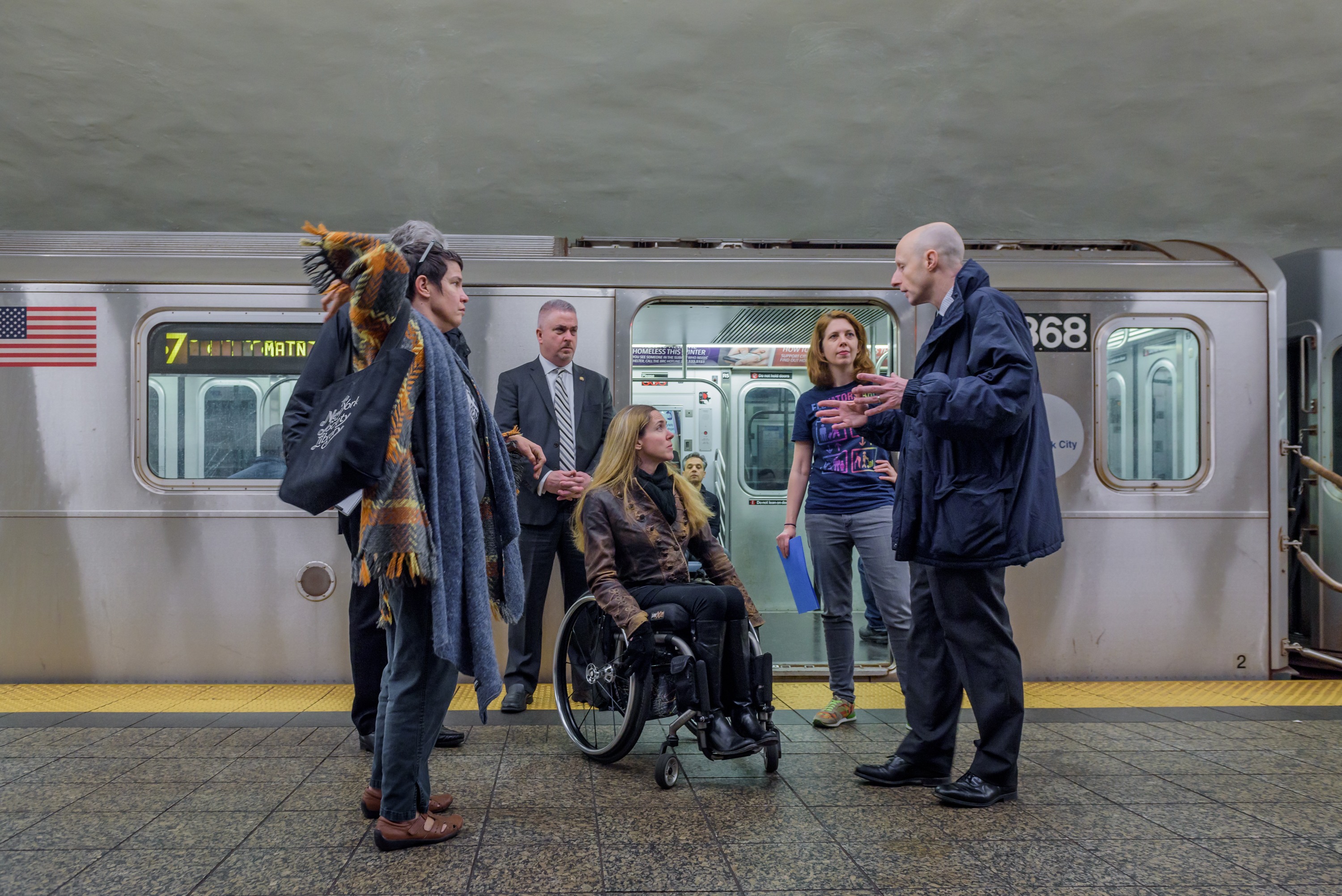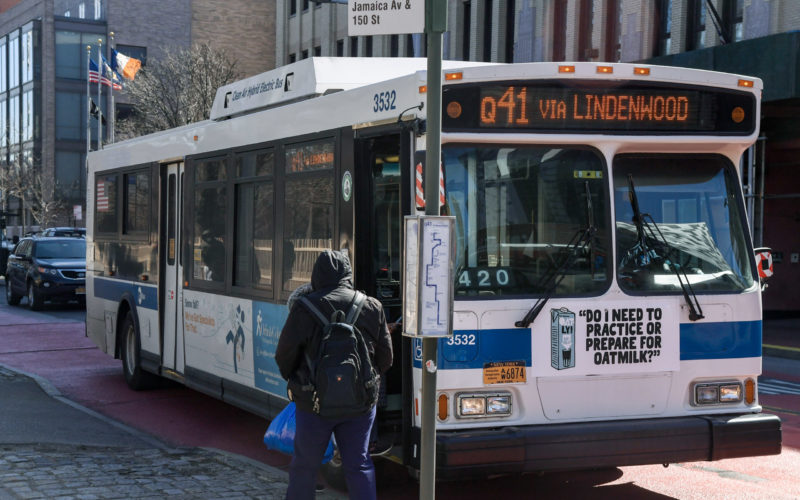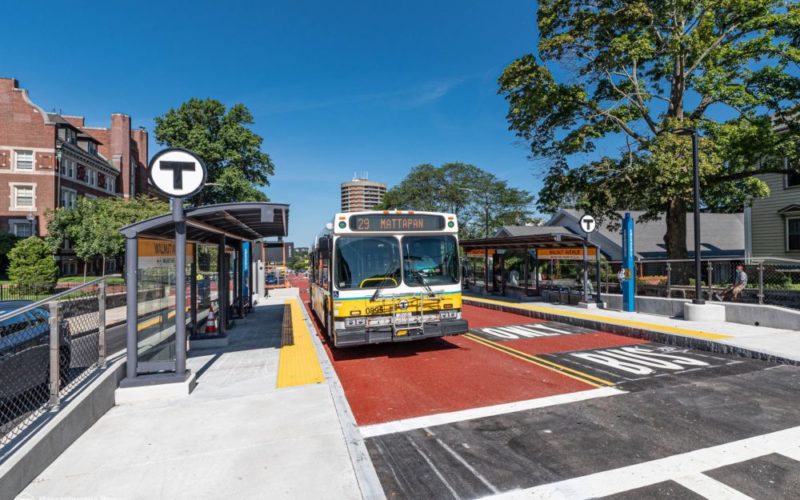
New York City’s MTA has released a draft outline of its 2020-2024 Capital Program. Our statement on the announcement is below.
On the Capital Program:
The outline of the 2020-2024 MTA Capital Program gives transit riders much to look forward to. Modern signaling on key segments of 6 subway lines, the addition of elevators at 70 stations, and the replacement of thousands of vehicles in the subway and bus fleets will make service more reliable and accessible for millions of New Yorkers, if the upgrades are delivered without saddling the MTA with excessive debt.
Riders were promised these improvements when Albany enacted congestion pricing earlier this year, and Governor Cuomo and the MTA have followed through in commendable fashion with the investments spelled out today.
MTA capital programs are large and complex, and this one is the largest and most complex yet. When the full capital program is released to the public, a thorough evaluation of the project list will take months, and implementation will take years. In addition to the topline investments that reflect the outline in New York City Transit’s Fast Forward plan, going forward, we will closely examine the following aspects of the capital program:
– Maintenance and state-of-good-repair. Evaluating the capital program’s attention to maintenance is difficult because the MTA has not yet released a full draft capital program, nor a 20-year needs assessment enumerating what it will take to keep existing infrastructure in reliable working condition.
– Implications for MTA debt. Past capital programs have relied too heavily on fare-backed borrowing, squeezing resources for service provision and pushing up fares. The funding plan for this capital program must not exacerbate the MTA’s debt burden.
– Implementation schedule and costs. Release of a detailed implementation schedule and construction cost targets will provide a framework to hold the MTA accountable for delivering projects in the capital program on time and at reasonable costs.
– Prioritization of projects. Investments in subway maintenance, signaling, and accessibility should be the top priorities as implementation of the capital program proceeds.

On Accessibility Commitments:
TransitCenter commends Governor Cuomo, the MTA, and New York City Transit for investing in elevator access at 70 more stations in next five years, including 66 in the 2020-2024 MTA Capital Program. This would more than triple the current pace of accessible station construction, and represents a sizable down payment on a fully-accessible subway system.
Since we launched our Access Denied campaign two years ago, New York City Transit has made strides toward prioritizing accessibility. But there’s more work to be done. As construction proceeds on more accessible stations, NYC Transit must address the high cost of elevator projects, and increase the reliability of elevators and escalators across the system.
Years from now, we may look back at the 2020-2024 MTA Capital Program as the moment when the MTA turned a corner on subway accessibility. But a reliable, accessible system won’t happen without strong oversight, accountability, and transparency. We pledge to keep fighting alongside our partners in the disability community until everyone in New York City has equal access to our subway system.
 How Much Service did the Largest Transit Agencies Run in 2021?
How Much Service did the Largest Transit Agencies Run in 2021?
In this post, we’re drilling down into 2021 service levels across mode in the seven highest ridership cities to see the choices agencies are making about how to allocate service, as well as to gauge the impact operator shortages are having.
Read More Announcing the 2021 Frequency Award Winners!
Announcing the 2021 Frequency Award Winners!
TransitCenter’s annual Frequency Awards recognize outstanding work in the transit field. Here are the 2021 honorees...
Read More